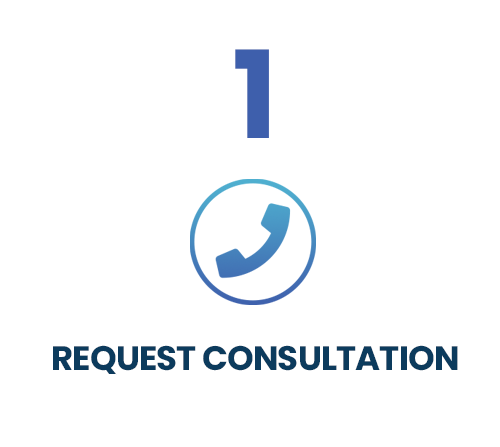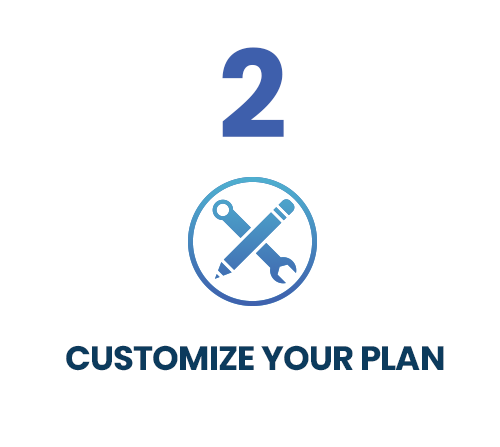The truth is no Web site is completely safe from hackers and malicious software, but there are three things every business owner can do to prevent these occurrences from becoming a major catastrophe, and costing you potentially thousands of dollars.
3 Ways to Prevent a Catastrophe
1. Choose your hosting solution carefully. Most Web site owners opt for low cost, do-it-yourself hosting solutions without paying much consideration to the risk they are taking by doing so. These solutions typically have low security controls, and are little to no help when your site becomes compromised. That’s where the “do-it-yourself” part comes in. In the long run, using a low cost hosting solution could end up costing you thousands of dollars, particularly if you rely on your Web site for business. If you’re going to use a solution like this, be sure to actively monitor your Web site for security risks, and have a contingency plan for your site should it become compromised.
2. Keep daily backups of your Web site. This will ensure that if your site is compromised beyond repair, you have backups that can be used to restore the site to its original state prior to the hacking or malware intrusion. Many hosting providers maintain backups, but leave it up to the Web site owner to figure out how to restore the site to its original state. Depending on the size and complexity of the site, this can become a very daunting task. So, you’ll more than likely want to enlist a professional to restore your site for you.
3. Update your CMS software regularly. If you’re using WordPress, Drupal, Joomla, or a similar content management system, be sure to perform security updates regularly. Because these CMS are so popular, they are common targets for hackers and malware. No hosting provider will do this for you, so be sure to keep an eye out for these updates. Also, be sure to make a backup of both your Web site’s files and database before attempting a security update. This way, if something goes wrong during the security update, you’ll have a backup of your site on hand.
In sum, your hosting solution should be one of the most important decisions you make when investing in a Web site, rather than an afterthought, and don’t underestimate the importance of regular backups, and routine security updates.




